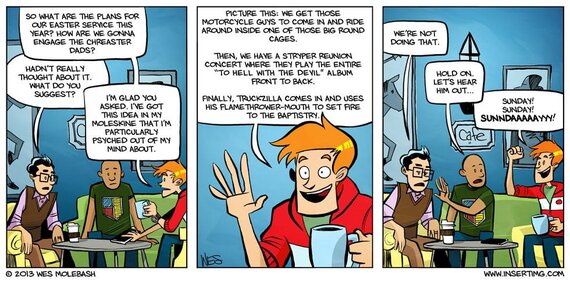![]() Recently, a singer had his invitation to appear at a civil rights rally revoked because he is a former homosexual. Donnie McClurkin was uninvited because he acknowledged that God delivered him from homosexuality. You can read the story here.
Recently, a singer had his invitation to appear at a civil rights rally revoked because he is a former homosexual. Donnie McClurkin was uninvited because he acknowledged that God delivered him from homosexuality. You can read the story here.
Isn’t it ironic that a black man gets uninvited to perform at a civil rights concert because he acknowledged his ex-gay status? I find dark humor in the fact that those who preach tolerance the loudest are often the most shrill in their intolerance.
Those in the homosexual community rightly expect society to treat them with the respect they deserve as human beings. We are asked to treat them no differently than we would treat heterosexuals. This is a legitimate request.
But in this case, the homosexual community did not reciprocate and acted on their intolerance in an appalling way.
Are they concerned that the “ex-gay” bug is catching? If Donnie touched them would they be instantly converted to heterosexuality? That would be a shame indeed because it appears that sexual preference is the center of their self identity.
There are some of us in the church that are willing to cry foul when the church is in the wrong. We openly admit that some in the church are wrong in the way they respond to the culture around them. Should not the homosexual community do the same? Are there not those in the community who know that this type of intolerance is exactly what they are fighting against?
Here the Christian has the advantage. We acknowledge and understand that all of us (homosexual and heterosexual alike) are broken and in need of repair. As Jeremiah writes, “The heart is deceitful above all things, and desperately sick; who can understand it?” (Jeremiah 17:9, ESV) We understand that there is a gap between our principles and our behavior and we look to God for the power to close that gap. It is precisely this that Jesus came to do. He came to close that gap and provide the means of becoming what God intended us to be. It is only through Jesus that we have any hope of being consistent in our word and deed.
Perhaps the intolerance of those who most loudly preach tolerance is a clue that the Christians indeed have a better understanding of the human condition.

